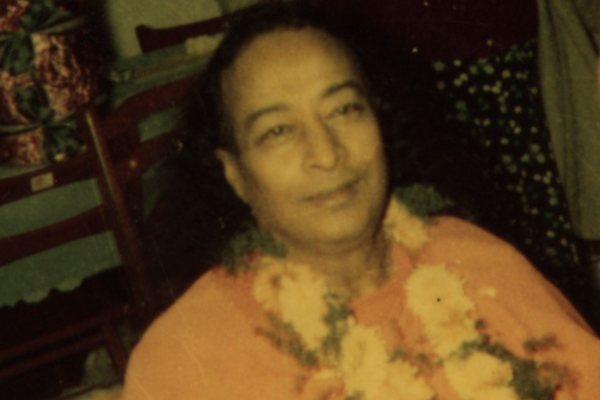“I Remember!”
I read an intriguing article recently about scientists that are doing cutting-edge research on how memory works. Their focus is not the typical one on why memory loss occurs, but rather on why memory exists at all. In other words, these researchers are trying to discover what the mechanism is that holds and releases our memories.
We’ve all had the experience of remembering events, names, or faces from our daily life, but usually we take this ability for granted. I often enjoy trying to recall some trivial piece of information that I can’t quite access in my mind. If I sit quietly for a period of time, I sense a spark of energy, a neural impulse, starting to surface and move from the subconscious into the conscious realm. Then, like a light turning on in my brain, the answer presents itself in a calm, joyful manner, as if to say, “Ta-da!”
Sometimes our memories can even predate our present incarnation, and reflect experiences from past lives. Perhaps we meet someone new and feel an instant affinity with them, or we visit a place for the first time and have the feeling that we’ve been there before. There are many documented cases of children clearly remembering from a past incarnation details which, when researched, have proven to be true.
Paramhansa Yogananda writes on the first page of Autobiography of a Yogi, “I find my earliest memories covering the anachronistic features of a previous incarnation. Clear recollections came to me of a distant life, a yogi amidst the Himalayan snows. These glimpses of the past, by some dimensionless link, also afforded me a glimpse of the future.”
The most important use of memory, then, lies not in summoning up trivial facts, but in remembering the inner journey that we’ve traveled thus far to find God. It’s good to meditate on why you were drawn to the spiritual path, and on the associations you recall from the past. Though we may not consciously remember the connection, the guru-disciple relationship is eternal and guides us from lifetime to lifetime. By evoking this connection, we can draw on our past spiritual development to strengthen our future growth.
Though I had had no conscious memory of a connection with my guru, Yoganandaji, once I read his Autobiography I never looked elsewhere for spiritual guidance. Some deeper-than-conscious memory has held me to his teachings for the past fifty-five years, and I am increasingly aware that this has been my ordained path for many lifetimes.
One of the most powerful episodes from the Autobiography is when Lahiri Mahasaya, a householder working as an accountant for the British in India, is transferred to a remote outpost in the foothills of the Himalayas. Wandering in the hills above Ranikhet one day, he hears someone calling his name, and climbs up to a clearing dotted with caves. There he sees a radiant young man standing before him. Lahiri’s narrative continues:
“Lahiri, surely this cave seems familiar to you?”
As I maintained a bewildered silence, the saint approached and struck me gently on the forehead. At his magnetic touch, a wondrous current swept through my brain, releasing the sweet seed-memories of my previous life.
“I remember!” My voice was half-choked with joyous sobs. “You are my guru Babaji, who has belonged to me always! Scenes of the past arise vividly in my mind; here in this cave I spent many years of my last incarnation!” As ineffable recollections overwhelmed me, I tearfully embraced my master’s feet.
Memory can play a vital role in our search for liberation. Patanjali, the ancient authority on yoga, describes spiritual awakening as smriti, “memory.” We need to remove from our mind the obscuring fog of present identities such as being a man, a woman, an American, or an Indian. Swami Kriyananda wrote, “These waves of outward involvement need to be stilled. Once they become calm, one’s eternal reality is remembered at last.”

It’s strange to think that what we’ve been seeking has always been within us: the memory of who and what we really are. Yogananda described Self-realization as “the knowing in all parts of body, mind, and soul that you are now in possession of the kingdom of God; that you do not have to pray that it come to you; that God’s omnipresence is your omnipresence; and that all that you need to do is improve your knowing.”
As we “improve our knowing,” the moment will come when we, too, will exclaim, “I remember!”
With gratitude for this path to freedom,
Nayaswami Devi